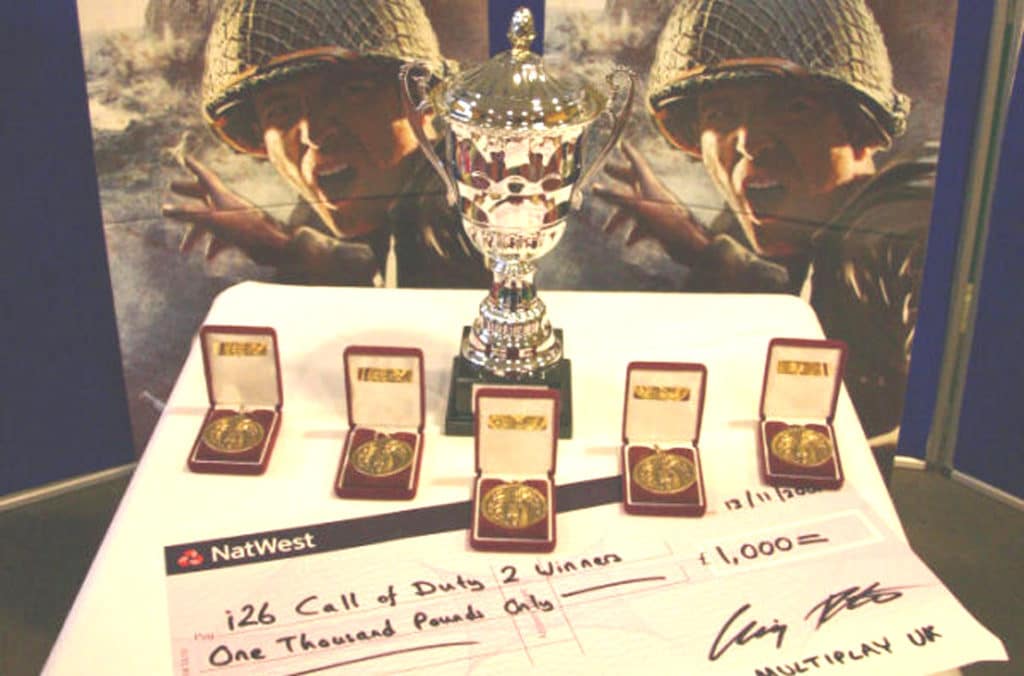Ad
In this special series of in-depth articles, Esports News UK, in collaboration with the betting partner GGBET UK, delves into the stories, moments, and personalities that have left a lasting impression on the past, present, and future of the UK esports scene.
In this article, Esports Journalist of the Year Finalist Jacob Hale dives into the background of the UK’s most-watched esport and one of its top-selling game series of all time: Call of Duty.
Call of Duty has become one of the biggest media franchises in the world, raking in billions of dollars every year for publisher Activision Blizzard. But before Warzone and popular Twitch streamers, and in the background of the millions of players every year, was a burgeoning esports scene rife with top talent — and many of the best hailed from the United Kingdom.
While Call of Duty, or CoD as it is more colloquially known, is an esport heavily dominated by North America, the European region is second behind them — and in Europe, the Brits reign supreme.
With players like Ben ‘Bance’ Bance, Trei ‘Zer0’ Morris, and Jamie ‘Insight’ Craven, among several others, finding success in recent years, it’s easy to forget the true underdog years, and the rich history of Call of Duty esports in the UK from grassroots tournaments to championship winners.
When the very first Call of Duty launched in 2003, it didn’t take long for good players to start competing against one another and, ultimately, start playing online tournaments.
Team Dignitas were the team to beat back then: five Brits (yes, five, not four, like we’re used to seeing on a team today) winning back-to-back Insomnia tournaments, even dominating through various roster changes.
They were picked up by Dignitas in November 2005 and won several early tournaments, including the CrossFire PrizeFight Challenge in the Netherlands in 2006, picking up the €1,500 top prize. Their all-UK team in that tournament included BENZ1NE, Palmz, razMki, Trainee and captain Mick.
Dignitas founder Michael ‘ODEE’ O’Dell told Esports News UK:
“Call of Duty was a massive part of Dignitas in the beginning. We came from Battlefield, while CoD was a new game and wasn’t big at that time. But the CoD team added another dimension to what Dignitas was.”
ODEE, Dignitas Founder
“Reason Gaming were also around back then, with players like Tom ‘D1ablo’ Newman, who also played for us for a bit. And talent like Pansy and others were around at that time too.”
One of the earliest CoD LAN tournaments in the UK was for Call of Duty 2 at Insomnia Gaming Festival 26 (pictured, top). This took place from November 11th to 13th 2005, a few weeks after the game launched. It awarded £1,000 to the winning team plus entry to i27, £500 to the runners-up and £250 to the third-place team.
The winners even opened bottles of champagne and sprayed them in celebration, like F1 drivers on a podium.
A Call of Duty 2 admin said at the time (in an old Insomnia video shared with Esports News UK): “It’s been quite difficult adminning a game that’s only been out for a couple of weeks, because it’s quite hard to make sure people aren’t cheating.
“So, we’ve had to have demos recorded and have basically been watching over people’s backs. But on the whole, it’s been a pretty good tournament, it’s been enjoyable. The fact that there’s new maps and weapons have made things different. And I think Hybrid are the team that’s the hot tip for winning the final here.”
Another said: “We’re still doing the semi-finals now, you can hear some shouts going on in the background. I think we’ll have Hybrid and XI possibly in the final. They’ve done a remake of most of the maps, with some little tweaks. The guns feel different. They’ve done a good job. I didn’t like Search and Destroy much in the original, but in CoD 2 I’m starting to like that now. You’ve got to get to know the maps, where to hide, where to take cover and master the maps.”
It was some time later, though, when Call of Duty really started finding its footing as an esport, when Call of Duty 4: Modern Warfare came out. With this came millions of sales and a fast break into the mainstream and, through many of these new players’ competitive spirit, a growth in the esports scene with.
Competitive CoD 4: Humble beginnings at UK esports LANs
2007 was the year that things started to actually take shape in terms of UK esports LANs, however, in particular with Matchbox 360’s XL3, Europe’s first major LAN tournament in Call of Duty 4: Modern Warfare, a £600 Free-For-All won by ‘Hybrid’ in Birmingham’s NEC. You can see a video about XL4 here, plus early Epic.LAN events also held CoD tournaments.
During this time, a split started to form, whereby CoD 4 Promod on PC started to separate from console CoD.
Console players found what worked on PC wasn’t quite the same on console, and thereafter new game modes were introduced and teams reduced from five players to four.
At its most basic, Promod was relatively simple: each team could have one sniper, one shotgun, one assault rifle, and two submachine guns, alongside a number of other restrictions over equipment and perks, for example.
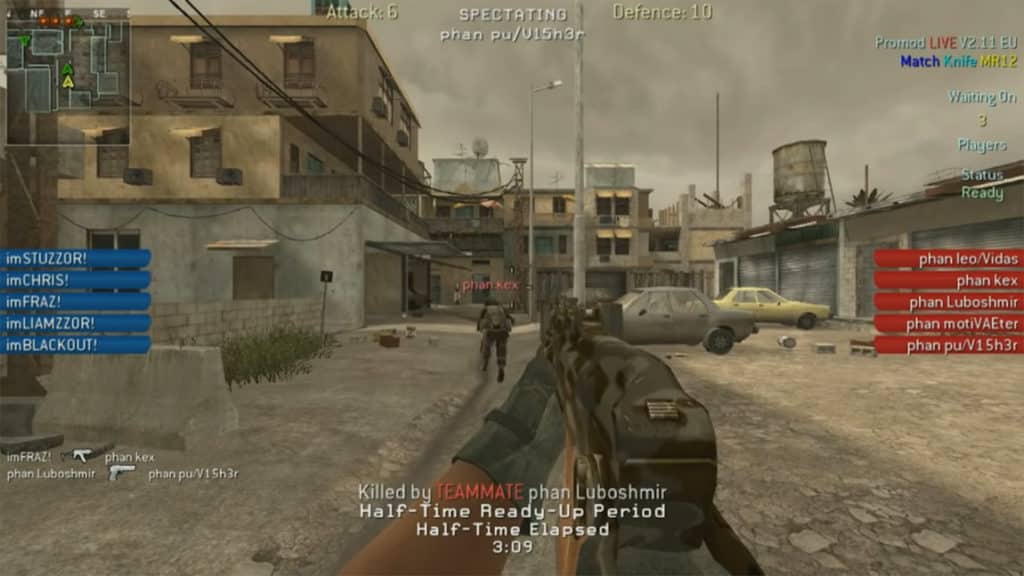
Although the competitive community was split during this time, the Promod years were a time in which many players discovered their love for competitive CoD, and plenty of players at the time later fell in love with Valve’s Counter-Strike: Global Offensive, which offered a more familiar experience than what Call of Duty esports would later become.
Names such as Alex ‘MACHINE’ Richardson, Chris ‘Panky’ Pankhurst, Lauren ‘Pansy’ Scott, and Mark ‘Phantasy’ Pinney either competed in, commentated on, or have spoke lovingly of the game, and various Promod-inspired tournaments have been held in Call of Duty since, albeit never in an official capacity.
You can see Panky and Pansy commenting in this CoD 4 Grand Final at Epic.LAN 10 between Phantasmagoria and imgGaming.
Many players split off into different FPS or other competitive titles as Promod died down, but those who stuck around were about to reap the rewards with the dawn of the MLG era.
MLG era pre-BO2: The calm before the storm
Major League Gaming had already started making waves in the North American esports scene with their Halo tournaments, but once the CoD4 interest started to die down (and having skipped over a lacklustre World at War title), 2009’s Modern Warfare 2 brought the organisers in to Call of Duty.
While MLG didn’t necessarily operate in the UK or Europe at the time, the heightened interest did ignite more of a fire in CoD esports — and gave the UK its first international major event win in Call of Duty.
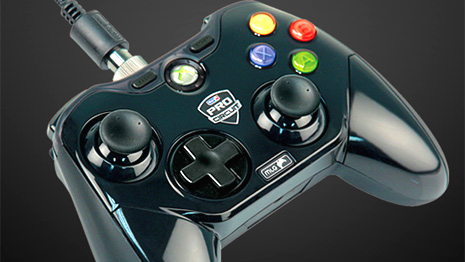
At the Gamestop $10k invitational in February 2010, all-British side TCM Gaming beat the Americans of Art of eXecution to take home the championship trophy and $2,000 each — a number that many at the time couldn’t believe they were seeing.
Fans will be familiar with some of the winners; Tomas ‘GunShy’ Jones, Nick ‘XLNC’ Ward, Andrew ‘DopedGoat’ Fisher and ‘DevilZ’.
They’ll be more familiar, however, with the runners up, and one name in particular: current Call of Duty League star and three-time world champion, James ‘Clayster’ Eubanks.
While the tournament pales in comparison to what was to come, it really planted the seed for many young players that there could be a career in this.
In the following couple of years, CoD esports floated slowly towards what would become a fully-functioning competitive title, including a Modern Warfare 3 season in 2012 in which almost every major tournament was held in Europe.
Fans at the time often look back fondly and speak about their experiences heading all the way up to Blackpool, to the Norbreck castle, watching top pros such as Seth ‘Scump’ Abner and William ‘BigTymer’ Johnson of OpTic Gaming smoke the competition at almost every single tournament for the chance at earning their travel money back.
It was actually at the start of this MW3 year that Call of Duty had its first ever $1,000,000 tournament, at Call of Duty XP in Los Angeles, California, with 32 teams from across Europe and North America fighting for their share of the money.
While it was ultimately won by OpTic Gaming — much like everything else was that year (barring another great TCM turnout to beat them at EGL 8 Manchester — there were multiple UK players place in the money, and more than likely, a number of parents finally coming round to their son’s dream of competing.
What came next, though, was monumental.
MLG era BO2-AW: When things got rowdy
Black Ops 2 is often recognised as the starting point for CoD esports to become what it is today, and the game that finally started pushing Call of Duty towards the upper echelons of the esports hierarchy.
A great, balanced (mostly), competitive game that was also beloved by casual players, we saw the likes of Matthew ‘Nadeshot’ Haag and Seth ‘Scump’ Abner, among others, blow up as huge content creators at this time.
It also saw the start of the rolling circus that was the MLG Pro League and the events across both Europe and America that came with it.
While the league was largely held in NA, Gfinity became the go-to for European Call of Duty: a cinema theatre in London’s Fulham Broadway, converted to an esports arena that went on to house tournaments across not just CoD but in multiple esports, including the Gfinity Elite Series.
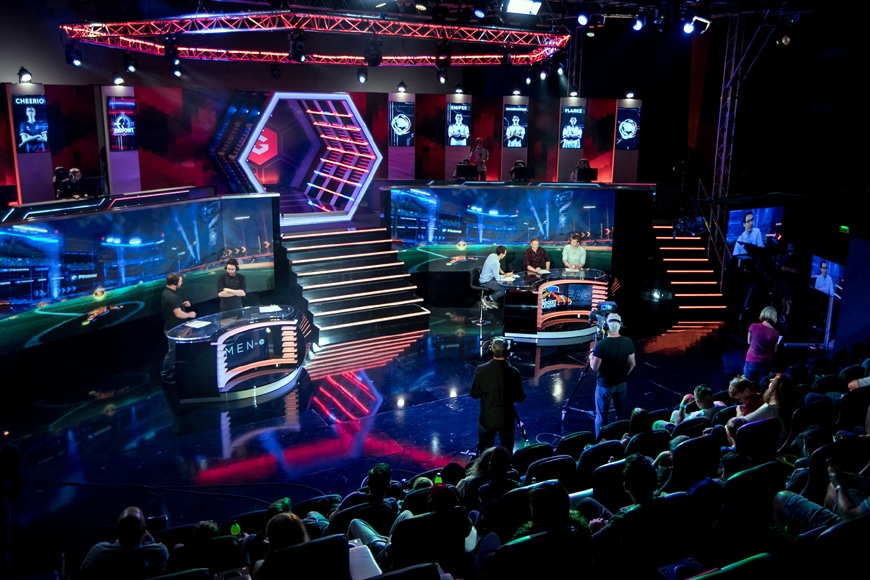
During this time, the competition strengthened tenfold, and while UK teams were able to compete at a top level, it dawned in a seriously lengthy stretch where a UK team failed to win a major international tournament.
Despite this, it was also perhaps the largest growth period for UK players pushing into the pro scene and able to make a name for themselves, taking on a range of competition in Open tournaments that allowed anybody to compete.
The names we now know as the GOATs of European CoD got their starts during this time, with the likes of Bance, Zer0, and others all starting to find their feet during the latter stages of the pre-CWL era of Call of Duty.
CWL era: The peak of UK Call of Duty esports?
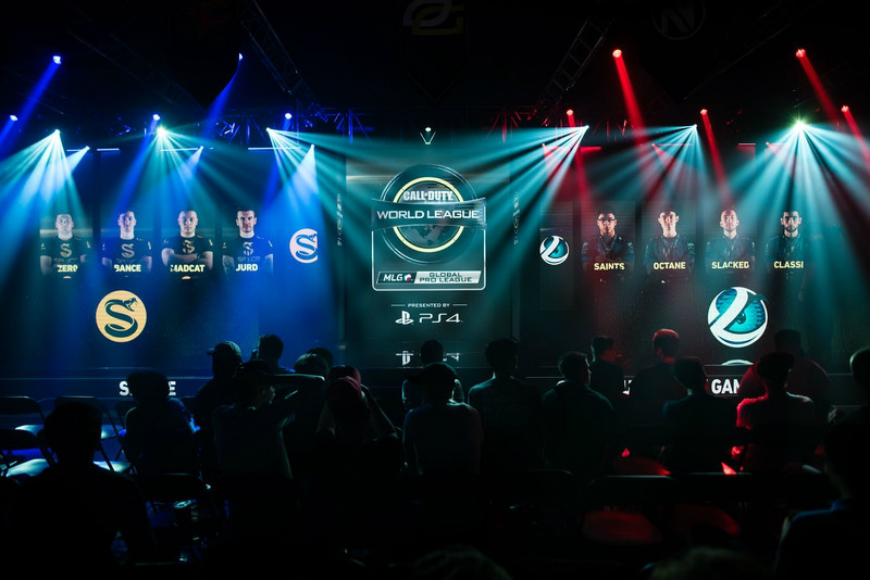
It was during the CWL era, though, that many players were able to start making actual careers out of CoD. While some earned very modest salaries prior to it, the launch of the Call of Duty World League in 2016 was the start of these players, some as young as 18, able to go full-time and put all of their focus into competing.
Not only that, but the first year of the CWL, in Black Ops 3, saw split regional leagues for the first time, with a CWL EU, CWL NA, and CWL ANZ. This meant that more than ever, the talent in the UK was able to compete among the very best, with amateurs able to play against the likes of Millenium or Splyce, some of the best teams in EU, and bring themselves up to that top level.
At the end of the Black Ops 3 season, a team of all-UK players almost made history, as Splyce — featuring Ben ‘Bance’ Bance, Josh ‘Joshh’ Shepherd, Rhys ‘Rated’ Price and Joseph ‘Joee’ Pinnington reached the grand final of the Call of Duty Championship, the first EU team to ever reach that stage of the tournament.
While the match went the way of a dominant Envy, these four youngsters proved once again that EU — and of course, the dominant UK players in the region — are able to compete at the pinnacle of the esport, something they hadn’t done for some time.
Off the back of that, in the following year, Splyce made some changes and became a dominant Infinite Warfare team. And Splyce made history as a UK CoD team to win a major international event on US soil.
With Bance and Zer0 leading the line, supported by veteran talents Dylan ‘MadCat’ Daly and Jordan ‘Jurd’ Crowley, the UK quartet brought glory back to Europe for the first time since 2012, a trophy lift five years in the making, etching themselves in the history books forever.
Other UK teams and players continued to prove themselves too: David ‘Dqvee’ Davies, Alex ‘Alexx’ Carpenter, twins Bradley ‘Wuskin’ Marshall and Matthew ‘Skrapz’ Marshall were top emerging talents, while other veterans such as Thomas ‘Tommey’ Trewren and Scotsman Mark ‘MarkyB’ Bryceland continued to help build their young teammates to be future stars of the esport.
Red Reserve also made an impact around this time with UK players
While regional leagues were no longer a thing, the UK’s best continued to push for success in the following years, with the World War II and Black Ops 4 seasons, but as rumours of a franchised league started ramping up, many were concerned that there could be a downward turn for opportunities for non-American players.
Not only that, but while some Brits had started to branch out and team with Americans, it was a rare occurrence, with the lack of networking perhaps explaining why opportunities were a little harder to come by when the CDL launched…
CDL era and London Royal Ravens: False hope?
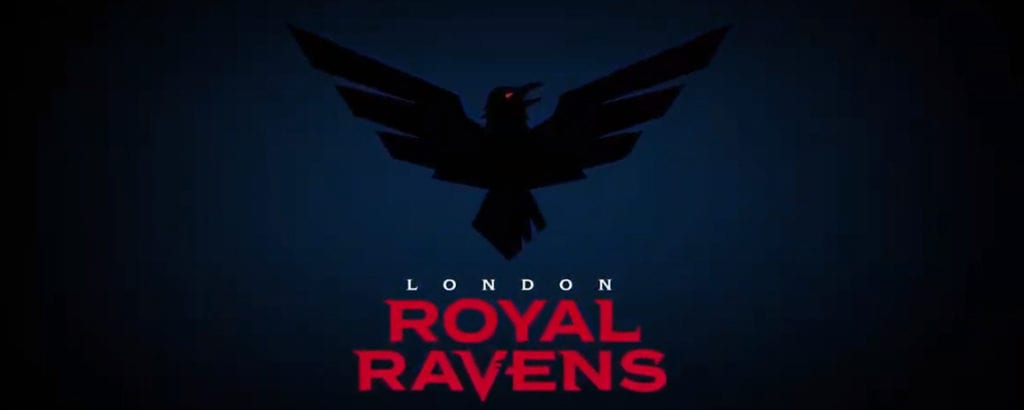
The Call of Duty League officially launched in 2020, with 12 franchises committing to a $25m+ entry fee — though these fees have now been removed and any payments made refunded in full. See here for more info: Call of Duty League teams boosted in ‘landmark’ agreement.
There was a beacon of hope for UK players when it was announced that London would be getting a spot in the league with the Royal Ravens, backed by Rogue and with UK esports stalwart Michael ‘ODEE’ O’Dell at the helm.
For the first few years, the team went almost entirely UK-only, with some of the finest players this side of the pond representing the team to varying degrees of success — though never managing to bring another trophy home.
That said, what once felt like a beacon of hope quickly became a source of despair: while the Royal Ravens hosted a home stand event at the Copper Box Arena in 2020 when the CDL first launched, that was the last time the British crowd got to see their favourites play live on LAN. It was one of the last esports events in the UK before things got shut down for a while due to the pandemic.
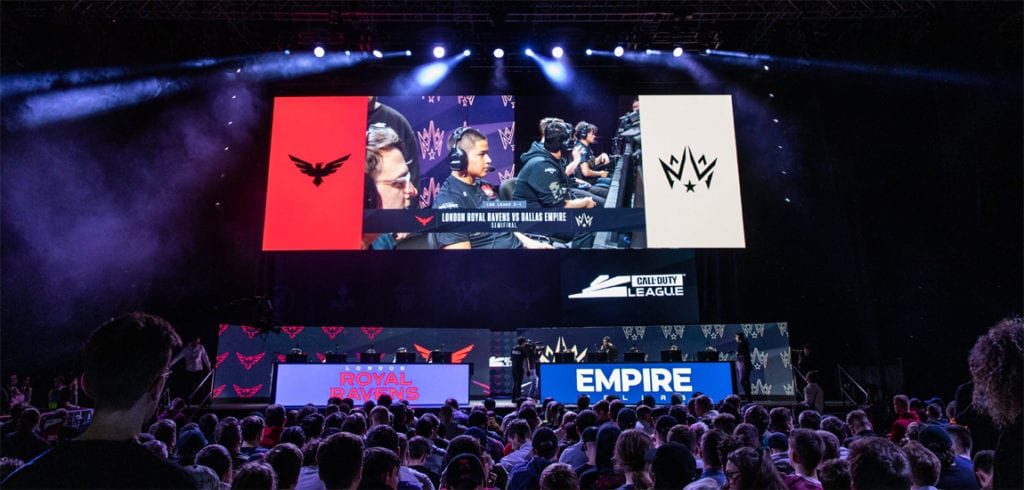
After that first season, too, things started to go downhill: performances started dwindling, albeit with small glimmers of light from the Vanguard team in 2022.
In fact, it took another city’s team to win some silverware for the UK, with Toronto Ultra’s Cold War side — featuring Bance, Jamie ‘Insight’ Craven and Cameron ‘Cammy’ McKilligan — toppling a dominant Atlanta FaZe side to win Major 2. They even placed second at Major 5 and CDL Champs, ticking off what was arguably the greatest season a majority-UK team has ever seen in Call of Duty. Toronto Ultra took third place at CoD Major 3 in 2022 too.
Since then, though, there has been a steep decline. A number of top Europeans have called it quits or found themselves playing in Challengers: Zer0, Bance, Tommey, Alexx, Dylan, Cammy, Skrapz, Wuskin, Rated, Jurd, and more have hung up the sticks or are attempting to make their way back into pro contention.
Not only that, but the Royal Ravens announced that for the 2024 season, they would be completing a relocation to North Carolina, abandoning their UK branding, players, and fans.
“Going forward for UK players, the full-UK team is kind of dead in the CDL.”
Ben Nissim
This led to conversations around the state of UK Call of Duty, including people like Ben Nissim, co-host of CoD esports podcast The Flank, questioning whether this marks the end of UK Call of Duty.
“They [UK teams] never really got to the point that they were a mainstay as championship contenders … they never took that next step. Going forward for UK players, the full-UK team is kind of dead in the CDL,” Ben said in this video at the 1:16 mark.
As it stands in the 2024 CDL season, only three UK players compete at the pro level: Insight on Toronto Ultra, Ben ‘Beans’ McMellon on Boston Breach, and Byron ‘Nastie’ Plumridge on LA Thieves.
Is the future bleak for UK Call of Duty?
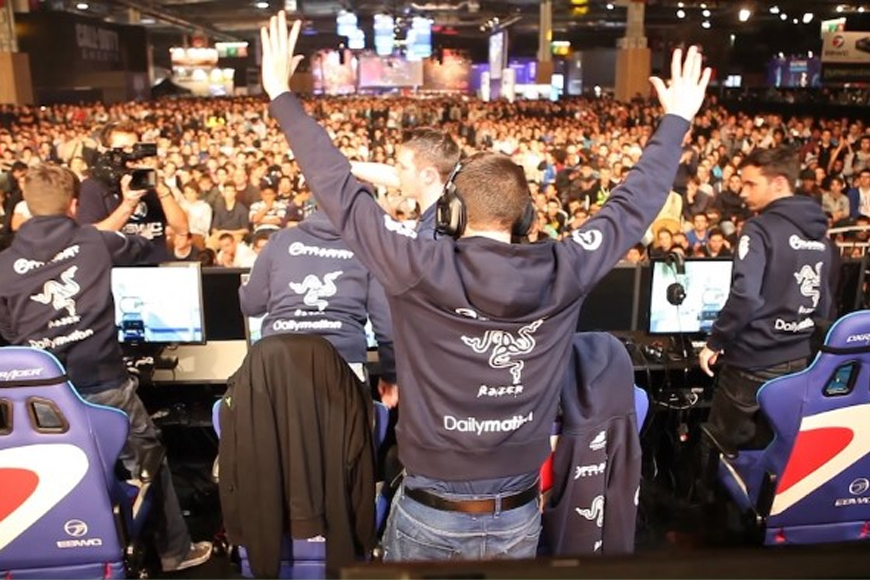
It’s not easy for UK CoD fans to feel optimistic right now. There is a dwindling number of national players competing at the top level and the fan-favourites who once challenged for world championships now find themselves struggling to find their place in the space, or leaving it entirely.
It’s not just the players, either. Over four years after the last London event, and a clear preference from the League to focus entirely on North America, fans have been left begging for the league to come back to England for years now, and it feels as unlikely as ever that those prayers will be fulfilled.
A LAN took place in Middlesbrough, and you can see a good mini documentary on that from Katana Gaming here, but the venue recently shut down. More on that in a future article.
The most disappointing part about this is that, according to some studies, Call of Duty is the most popular esport in the UK, beating out even the likes of Counter-Strike and League of Legends.
What about UK players in Warzone?
When we talk about Call of Duty esports, Warzone does get pushed to the wayside as its own entity, but it’s worth noting that a number of UK players are among the most successful in the CoD battle royale title.
Tommey is the most successful Warzone player of all time, and Rated is up there too. But the likes of Ethan ‘Fifakill’ Pink, Liam ‘Jukeyz’ James, and Kacey ‘WarsZ’ Channer are also serious competitors, all in the top 10 for earnings besides WarsZ, who is 11th.
For most serious CoD esports fans, though, Warzone doesn’t quite scratch the itch, a title that many deem to be uncompetitive given the RNG nature of the battle royale setting.
That said, it can’t be ignored how well the top British talent has taken to Warzone, which could actually present more opportunities for homegrown players down the line.
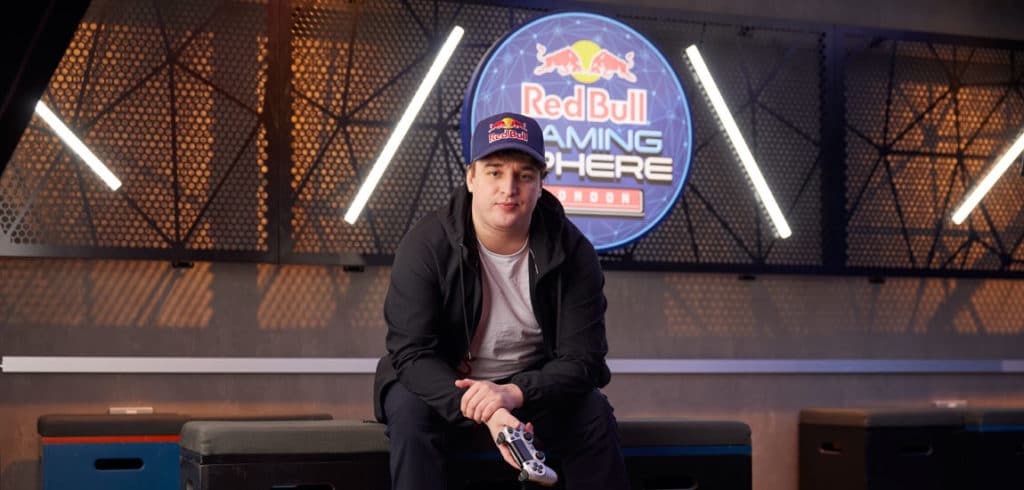
And that’s not to mention UK esports events doing well, with the World Series of Warzone taking place in London in 2023.
With many fans and experts alike predicting the implosion of the Call of Duty League over the next couple of years, it remains to be seen what exactly the future looks like for CoD esports.
But fans this side of the pond will doubtless be hoping to get to see their favourite teams and players again soon and, with any luck, launch more UK players into the league.
Must-Read Casino & Betting Guides
Check out our featured gaming guides to find top UK casinos, no verification sites, fast withdrawal platforms, and more.

